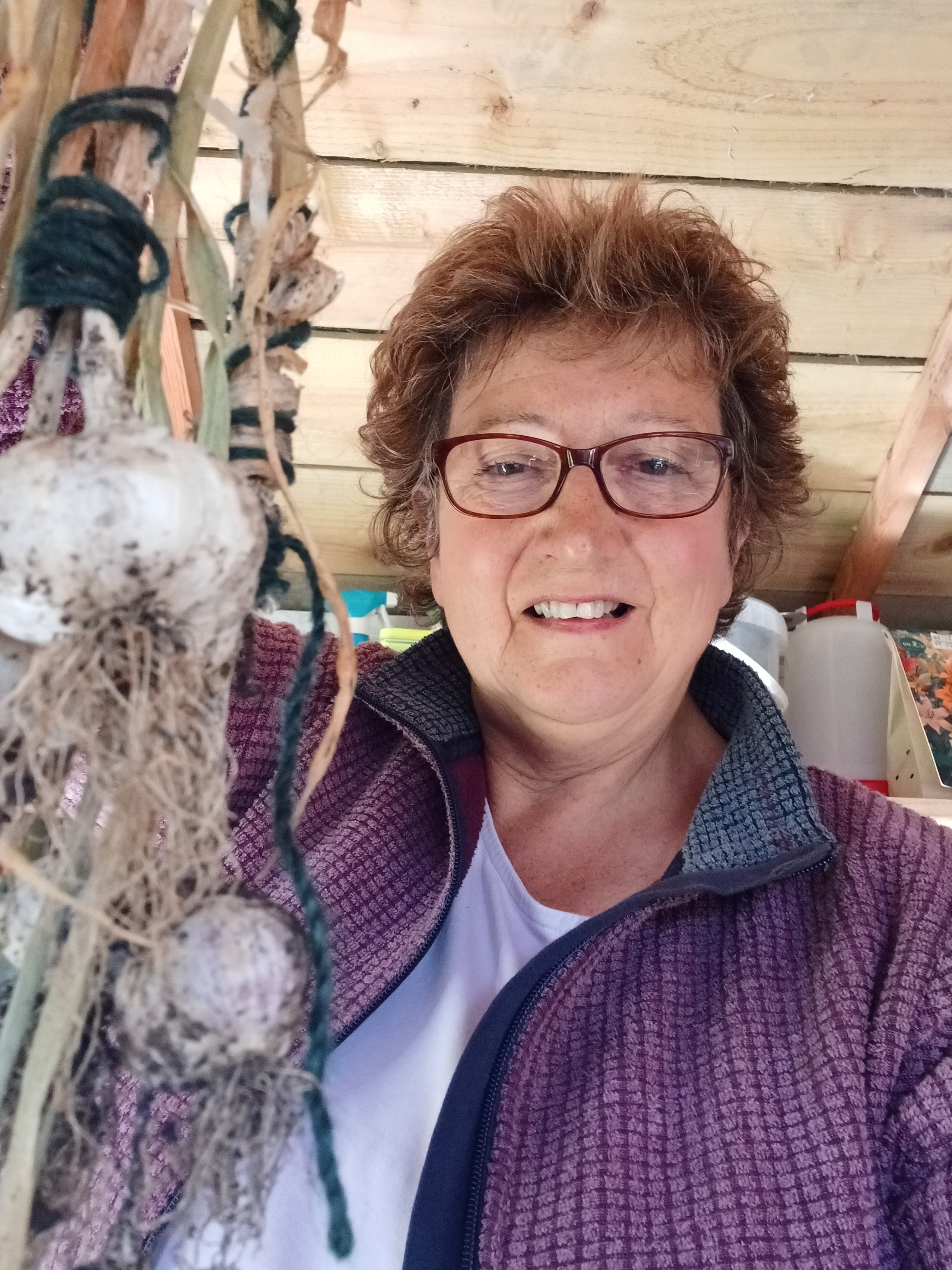Dr Barbara Sharp

Dr Barbara Sharp, a registered nurse, has worked in the NHS, specialising in the care of older people, and for Alzheimer Scotland, until her retirement in November 2020. On her retirement, she received a Lifetime Achievement Award for her services to dementia in Scotland. She is the Chair of the Board of Trustees for V for Life.
We asked her when and why she started her vegetarian/vegan journey.
A: "I became vegetarian over 48 years ago when I was 20 years old. At that point I stopped drinking cow’s milk and wearing animal products, and only used cruelty free cosmetics etc. I’ve been vegan now for over 10 years. Decisions about what I eat have always been informed by a mixture of things rather than any single driver. Fundamental compassion for other beings, philosophical arguments around rights, personal and public health, politics, and environmental concerns all play their part and I can’t separate them. I was involved in the animal rights, ecology, and peace movements. My son was raised as a vegetarian and it was conversations with him and his friends about the impact of the dairy industry that prompted us all to become vegan"
Q: Have you noticed any differences between you and non-veggie friends of the same age?
A: "I have more energy and motivation to try new things than some of my peers, but this could of course be explained by many different things. My younger non-veggie friends are the ones who tend to comment that I don’t seem to age but that may say more about their own expectations of getting older than anything else – or maybe they’re just being nice! I retired 3 years ago and I’m enjoying being part of lots of community projects and still occasionally take on some paid work."
Q: How would you want to be treated and (if applicable) be cared for in later life?
A: "I’d want to be treated with an understanding that my dietary choices are especially meaningful to me. They are part of who I am and how I want to live my life, central to my identity and self-esteem. My food choices are much more than ‘preferences’ and should be respected like any other deeply held belief."
